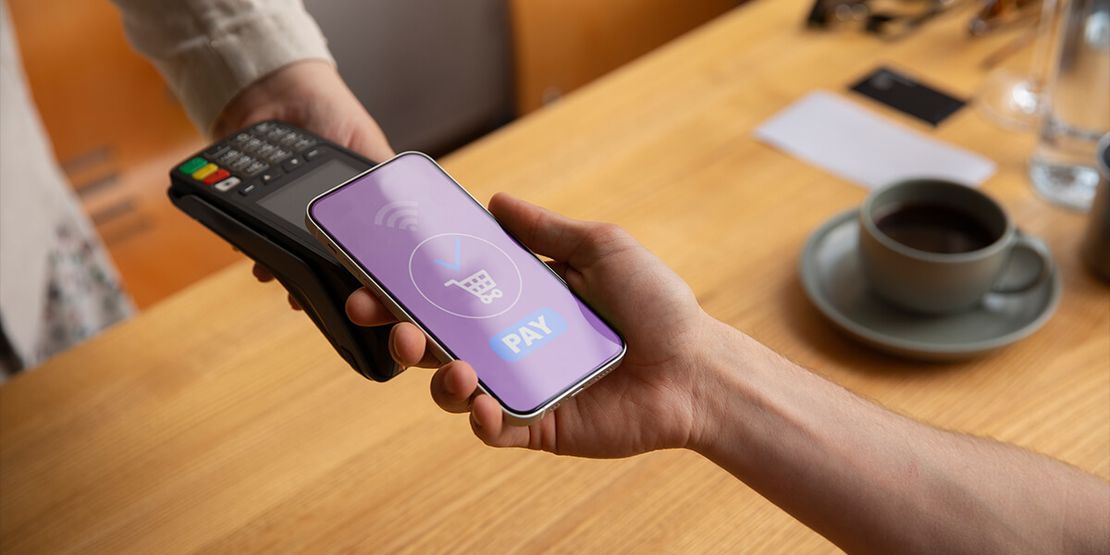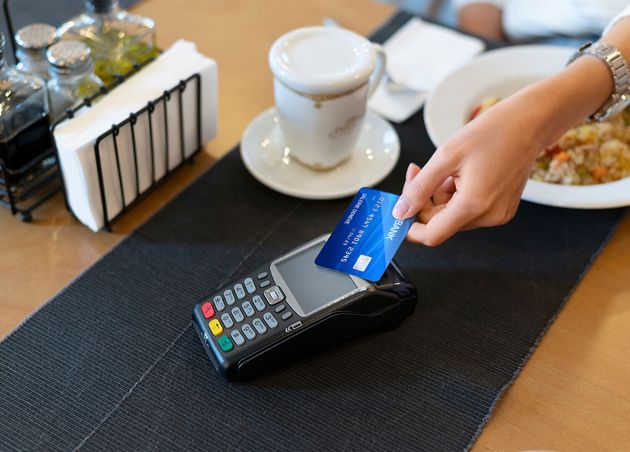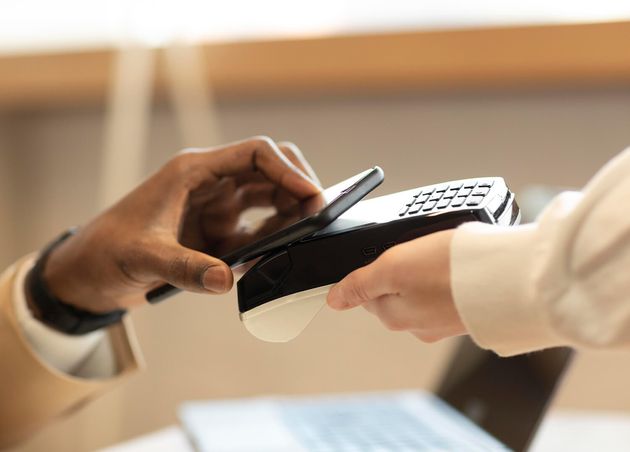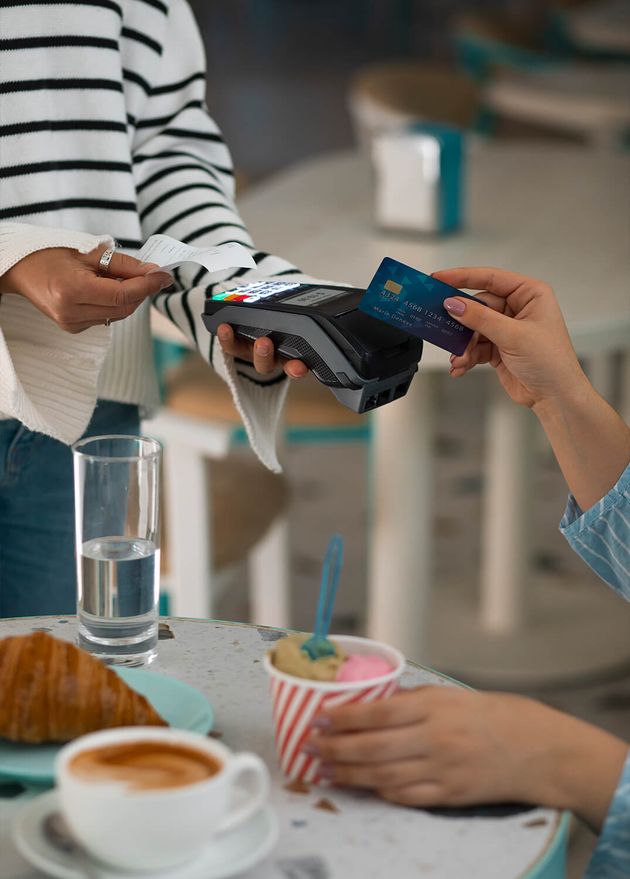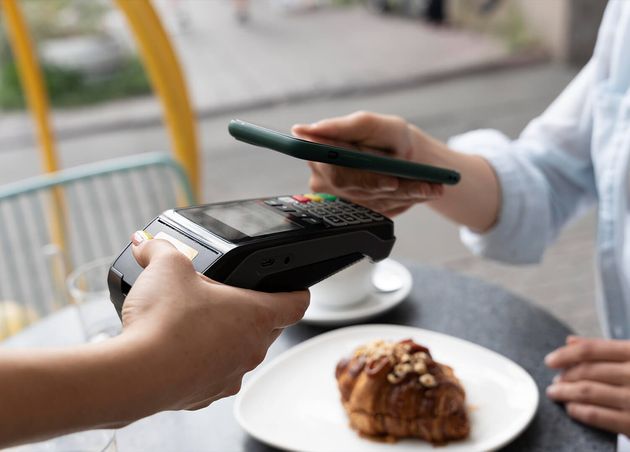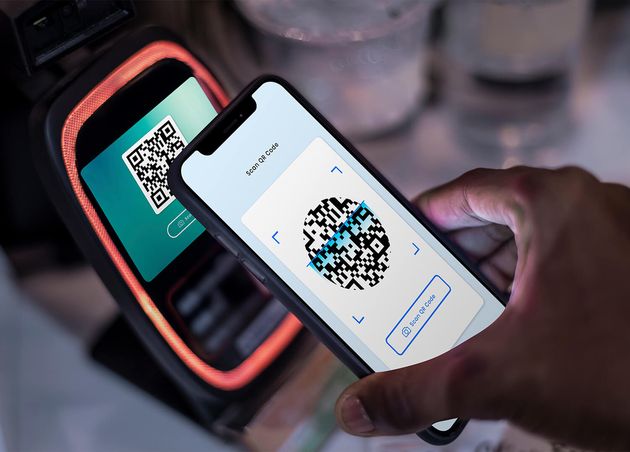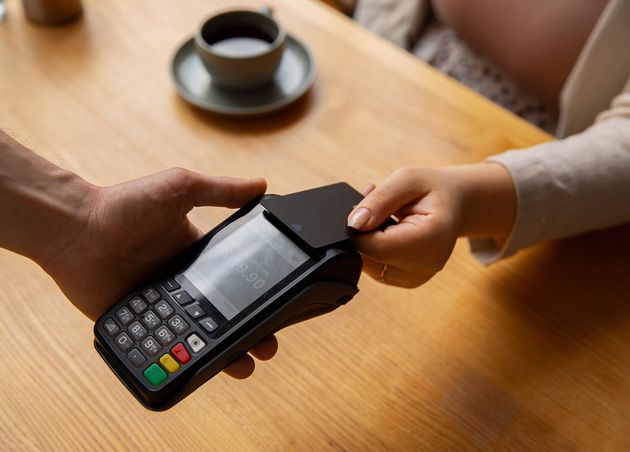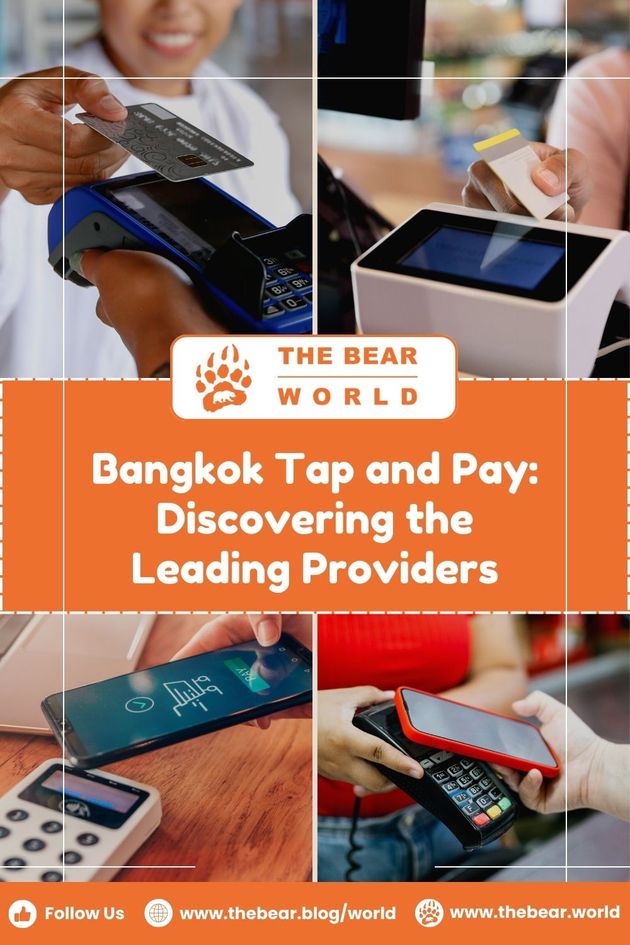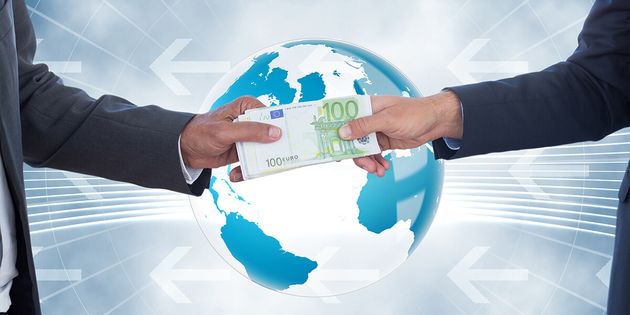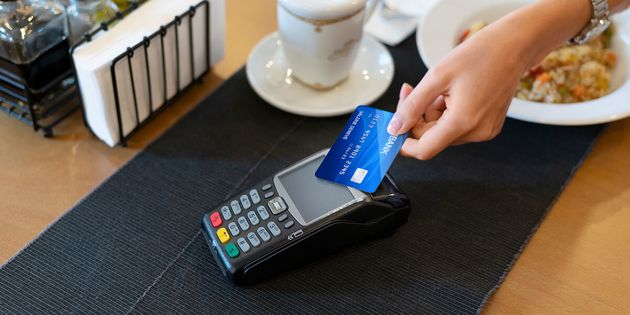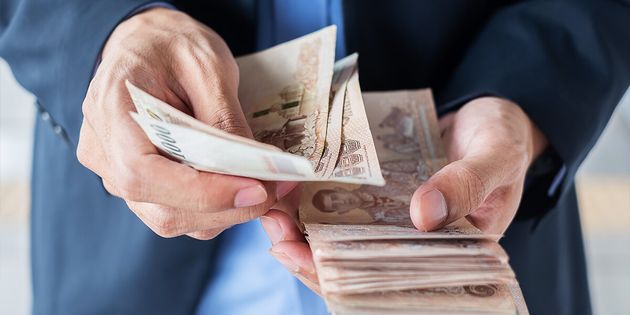Bangkok Tap and Pay: Discovering the Leading Providers
Bangkok's dynamic business landscape offers fertile ground for innovation and growth, attracting entrepreneurs and investors alike. With a populace well-versed in modern technology and a penchant for diverse payment methods, the city presents a promising market for businesses eyeing global expansion. Notably, a substantial portion of Thailand's online commerce, approximately 30%, involves international transactions, underlining Bangkok's significance on the global stage.
The outcome of the COVID-19 pandemic has started a new era of caution, prompting a widespread shift towards contactless transactions. From avoiding common touchpoints like doorknobs to minimizing physical interactions, individuals have embraced the concept of "tap-and-pay" as a safer alternative. This surge in demand has propelled mobile payments and tap-and-pay cards to the forefront, eclipsing traditional methods such as swiping cards or handling cash.
Amidst these changes, the pandemic has served as a catalyst, accelerating the adoption of innovative payment solutions already gaining traction in Krung Thep Maha Nakhon (Bangkok).
🚀 Expat Fact!
Tap-and-pay credit cards are considered the safest payment option by 42% of consumers, according to the Harris Poll.
Understanding Tap to Pay: A Seamless Payment Solution
Tap to Pay, also known as touch to pay, revolutionizes the way we make transactions by allowing seamless payments with a simple tap of your card, wearable device, or smartphone on a payment terminal, all without physical contact. For this to work, your device must be equipped with payment capabilities.
Spotting the familiar tap-and-pay symbol at a checkout terminal indicates compatibility with this innovative payment method. Beyond its speed and convenience, tap-and-pay offers a secure way to conduct transactions. Each tap generates a unique one-time code, enhancing protection against fraudulent activities.
In Bangkok, tap and pay has become the preferred choice for countless individuals at various establishments, including restaurants, supermarkets, gas stations, and pharmacies, thanks to its unmatched blend of security, convenience, and ease of use.
Decoding the Mechanics of Tap-to-Pay Technology
Ever wondered about the science behind tap-to-pay? Let's delve into the intricacies of Radio-frequency identification (RFID) and Near Field Communication (NFC), the driving forces behind this innovative payment method.
NFC technology facilitates communication between devices within close proximity, typically up to 4 cm. This protocol, akin to AirDrop or Bluetooth, enables seamless transactions when compatible devices, such as Android phones or iPhones equipped with NFC capabilities, interact with tap-and-pay terminals.
On the other hand, RFID utilizes electromagnetic fields to detect and track tags affixed to objects. The transaction is initiated when a user taps their card embedded with an RFID chip on a tap-and-pay POS terminal.
It's important to note that tap-and-pay relies on close proximity to the terminal, unlike mobile digital wallets that utilize Wi-Fi or cellular data. This significantly reduces the likelihood of interruptions compared to payment applications operating on broader and more vulnerable networks.
Unlocking the Potential of Tap-and-Pay Cards
When you see the wave-like tap-and-pay logo on your American Express, Mastercard, or Visa card, it signals that you're equipped for tap-and-pay convenience. Utilizing RFID innovation, tap-and-pay credit and debit cards streamline the payment process.
Compared to EMV chip cards or magstripes, tap-and-pay cards minimize physical contact with POS terminals. With this method, cardholders do not need to input any OTPs, PINs, passwords, or additional payment data.
🚀 Expat Trivia!
Online spending in Krung Thep Maha Nakhon (Bangkok) averages $1,738 higher than in other Southeast Asian countries, rivaling nations like South Korea and Hong Kong.
Harnessing the Power of Mobile Phones for Contactless Payments
Despite the convenience they offer, many retailers haven't adopted tap-and-pay card terminals. However, even if tap-and-pay cards aren't accepted, most retailers now support NFC mobile payments.
To enable NFC payments, users simply add their credit, debit, or gift cards to mobile payment apps like Apple Pay or Google Pay. For added security, these cards are tokenized, meaning each card is assigned a unique number within the app, enhancing transaction security.
This transforms smartphones into portable "tap-and-pay" devices, allowing users to make payments without physical cards. Users can bring their phones close to the tap-and-pay symbol at payment terminals until they receive a confirmation on their screen or hear a beep.
Mastercard users can now conveniently pay for Bangkok MRT rides by tapping their Mastercard Credit or Pre-paid cards at station gates, eliminating the need for cash or ticket purchases. Mastercard tap-and-pay, powered by secure EMV technology, is accepted across various modes of transportation throughout Bangkok, including toll gates and public buses.
Introducing Rabbit LINE Pay, Bangkok's pioneering integrated payment system, facilitating seamless transactions both online and offline. With Rabbit LINE Pay, Thai customers enjoy swift payments, consistent transactions, and diverse reward offers.
Rabbit LINE Pay has become an integral part of everyday life for Bangkok residents, used for morning coffee purchases, commuting via BRT, online shopping at affiliated stores through LINE GIFTSHOP, and transferring funds to merchants and friends. With easy payment solutions for all transactions, customers benefit from enhanced convenience and efficiency in their daily lives.
Empowering Businesses with Tap-and-Pay Solutions
Integrating tap-and-pay capabilities into your small business is seamless with Stax's comprehensive payment solution.
Stax offers a complete package for retailers, enabling them to accept touchless and virtual payments without the hassle of configuring multiple platforms. This allows entrepreneurs to provide a contact-free experience for their customers instantly.
Stax's tap-and-pay platform includes:
-
Contactless Mobile Terminals: Effortlessly accept NFC payments using Stax's mobile terminals, ensuring a smooth and convenient transaction process.
-
Two-Way Text Solution: Seamlessly receive client payments via text messages, enhancing communication and streamlining the payment process.
-
Virtual Platform: Safely receive smartphone payments with Stax's virtual platform, providing added security and flexibility for businesses and customers.
-
Single-Click Web-Based Shopping Cart: Instantly receive online orders without coding or purchasing a domain, simplifying the online shopping experience for customers.
-
Simple Invoicing: Generate invoices easily using text messages and email, ensuring prompt payment collection and efficient billing processes.
With Stax's tap-and-pay solutions, businesses can improve their own payment capabilities while offering their customers a seamless and convenient experience, driving growth and success in today's competitive market.
Key Benefits of Tap-and-Pay for Retailers
Tap and pay emerged as a transformative innovation during the pandemic and has swiftly become the standard payment method thanks to its numerous advantages. If you're considering integrating tap-and-pay into your business operations, allow us to illuminate the compelling reasons for making a decision.
Apart from being secure and approved for social distancing, here's why tap-and-pay payments can benefit your payment methods for customers.
Simplifies Cash Management
Tap-and-pay streamlines cash handling processes, eliminating the need for counting, securing, and dispensing change. This convenience not only enhances efficiency but also delights both staff and clients with its ease of use.
Security
Tap-and-pay transactions are fortified with multiple layers of security measures, including options for biometric identification. These robust security features ensure peace of mind for users and mitigate the risk of unauthorized access or fraud.
Speeds Up Checkout
The convenience and speed of tap-and-pay cannot be overstated. With no need for additional confirmations like OTPs or PINs, customers can swiftly complete their transactions, making for a seamless and expedited checkout process.
All required is a simple tap of their card or smartphone at the counter, allowing customers to conclude their purchase and continue their day promptly. This time-saving convenience is particularly valuable during peak hours when every second counts.
In conclusion, tap-and-pay technology offers a myriad of benefits for both businesses and consumers alike. From streamlining cash management processes to reducing staffing needs during peak hours and promoting customer loyalty, the advantages of tap-and-pay are undeniable. Furthermore, its affordability, convenience, and emphasis on cleanliness make it a preferred payment method in today's rapidly evolving landscape.
As businesses strive to meet their customers' changing needs and expectations, integrating tap-and-pay solutions presents a valuable opportunity to enhance operational efficiency, improve customer satisfaction, and stay ahead in this competitive market.
Lifestyle Bear
More From The Bear World
Bangkok Public Transport Guide: Everything You Need to Know
Lifestyle Bear
Moving to Bangkok Guide: Everything You Need to Know
Lifestyle Bear


